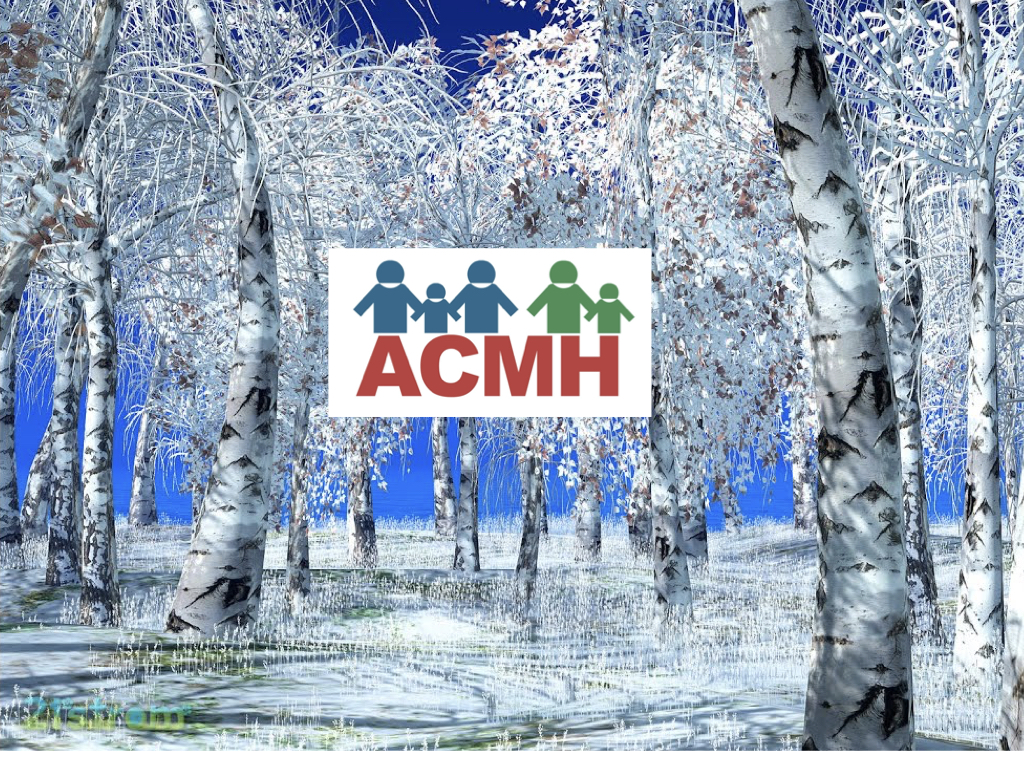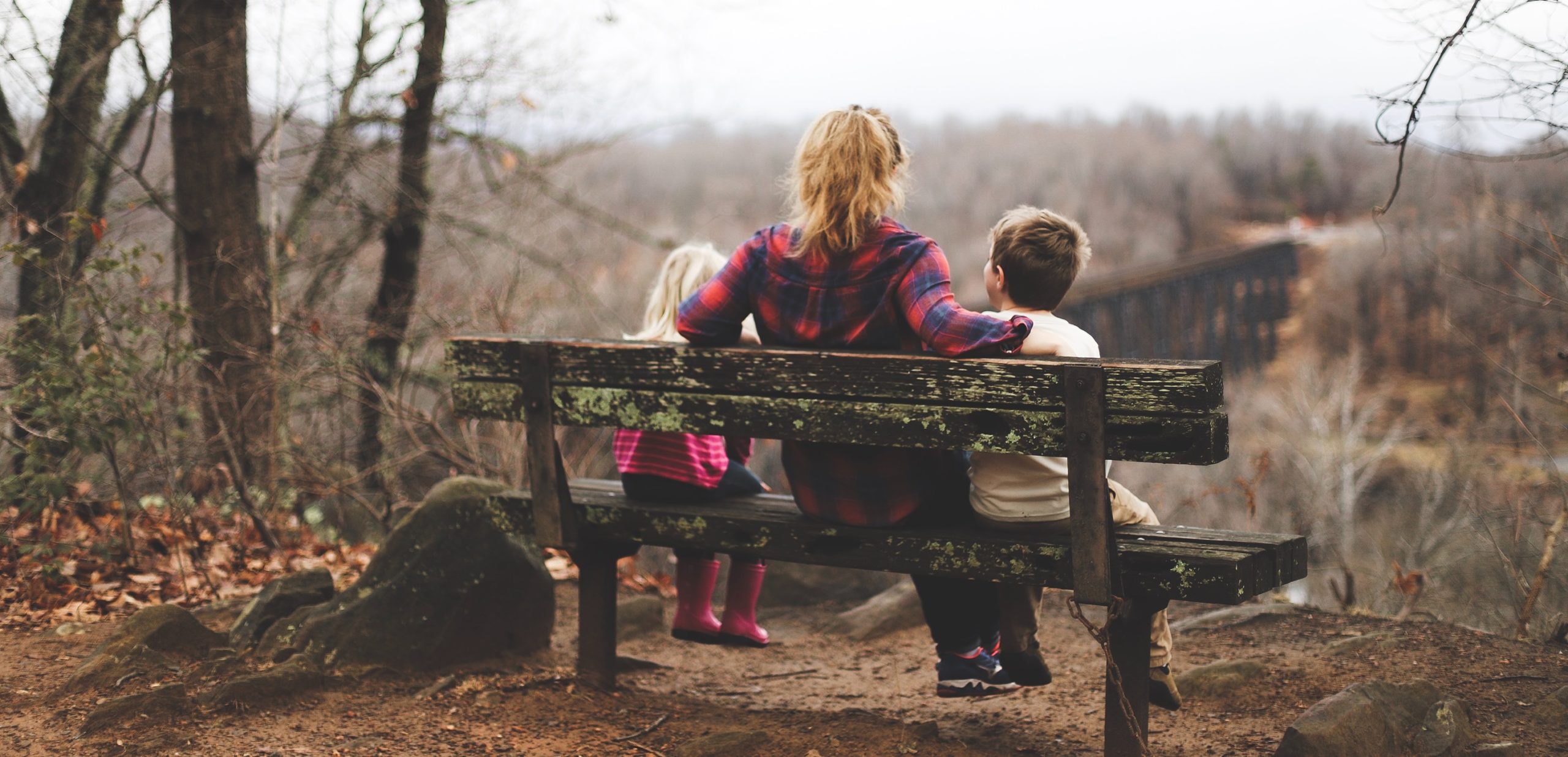Which in Michigan of course means our shining sun, budding trees and greening grass occasionally appear as a scene in a slow falling snow globe and in some places under 15 feet of snow!
No matter what the local forecast holds. Spring is always hopping with activity here at ACMH as we prepare to honor National Children’s Mental Health Awareness Day; Traditionally with a large scale event to raise awareness about the importance of children’s mental health and shine light on current needs and issues of Michigan children and youth with mental health challenges and their families.
If silver linings exist from the pandemic or the current youth mental health crisis it’s that awareness about the importance of supporting mental health needs is perhaps at an all-time high. A win for sure! But awareness is just the first step. As accessing services and supports or having the resources to provide them for all who need them in our state remains a major challenge.
So this year we are shifting our focus from Awareness to Action! Hoping to utilize that raised awareness to create real change and enhance access to quality mental health services and supports for everyone who needs them. We know we can’t do it alone and are calling on all family and community leaders, partners and policymakers to join us!
Click here to learn more about this year’s event and how too can join us as we spring in Action.
To learn more about other recent ACMH happenings, upcoming activities and resources click here to check out most recent newsletter.
We hope to see you in May! Until then never fear… Spring will soon be totally here!























